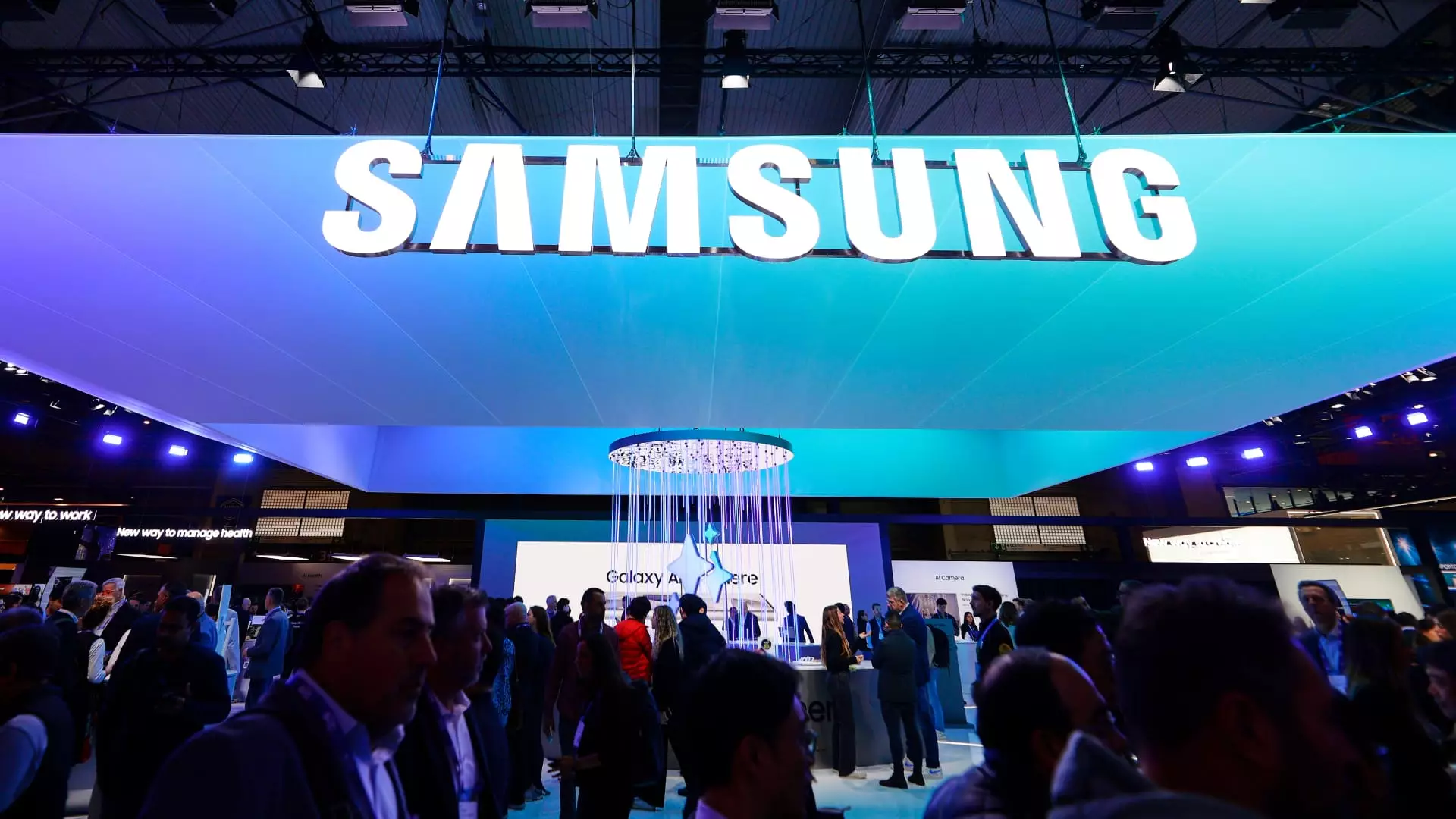Samsung Electronics has recently announced that it expects a better-than-expected profit for the second quarter of the year. The South Korean tech giant revealed that its operating profit for the April to June quarter is projected to be about 10.4 trillion won, which represents a staggering increase of about 1,452% from the same period a year ago. This significant jump has caught the attention of investors, leading to a surge in the company’s stock price.
In addition to the impressive operating profit forecast, Samsung also anticipates revenue for the second quarter to be between 73 trillion to 75 trillion won, compared to 60.01 trillion won a year ago. This robust revenue growth is a testament to the rebound in the company’s business, particularly in the memory chip sector. The surge in demand for memory chips, fueled by optimism around artificial intelligence, has played a key role in driving Samsung’s financial performance.
Samsung has been strategically positioning itself in the generative AI space, with products like the Galaxy S24 Ultra smartphone offering innovative features powered by AI technology. The company expects the second quarter to be primarily driven by demand for generative AI, while mobile demand remains stable. Despite facing challenges in HBM (high-bandwidth memory) production, Samsung has managed to capitalize on the AI boom by leveraging its market share and optimizing profitability through higher ASP (average selling price).
Market Dynamics and Competition
The memory chip industry has seen a resurgence in recent months, thanks to the growing demand for AI chipsets and advanced memory products like HBM chips. Companies like Samsung Electronics and SK Hynix, as the top two memory chipmakers globally, have benefited from this trend. However, Samsung’s delayed qualification for use in Nvidia’s AI processors highlights the competitive landscape in the industry. Despite facing setbacks in HBM production, Samsung’s strong market position has enabled it to maximize profits and remain competitive in the market.
As Samsung Electronics prepares to release detailed second-quarter results later this month, investors and analysts are closely monitoring the company’s performance. The record jump in operating profit, coupled with strong revenue growth and focus on generative AI, positions Samsung as a key player in the tech industry. While challenges remain, particularly in the competitive memory chip market, Samsung’s ability to adapt to market dynamics and capitalize on emerging trends bodes well for its long-term success.


Leave a Reply